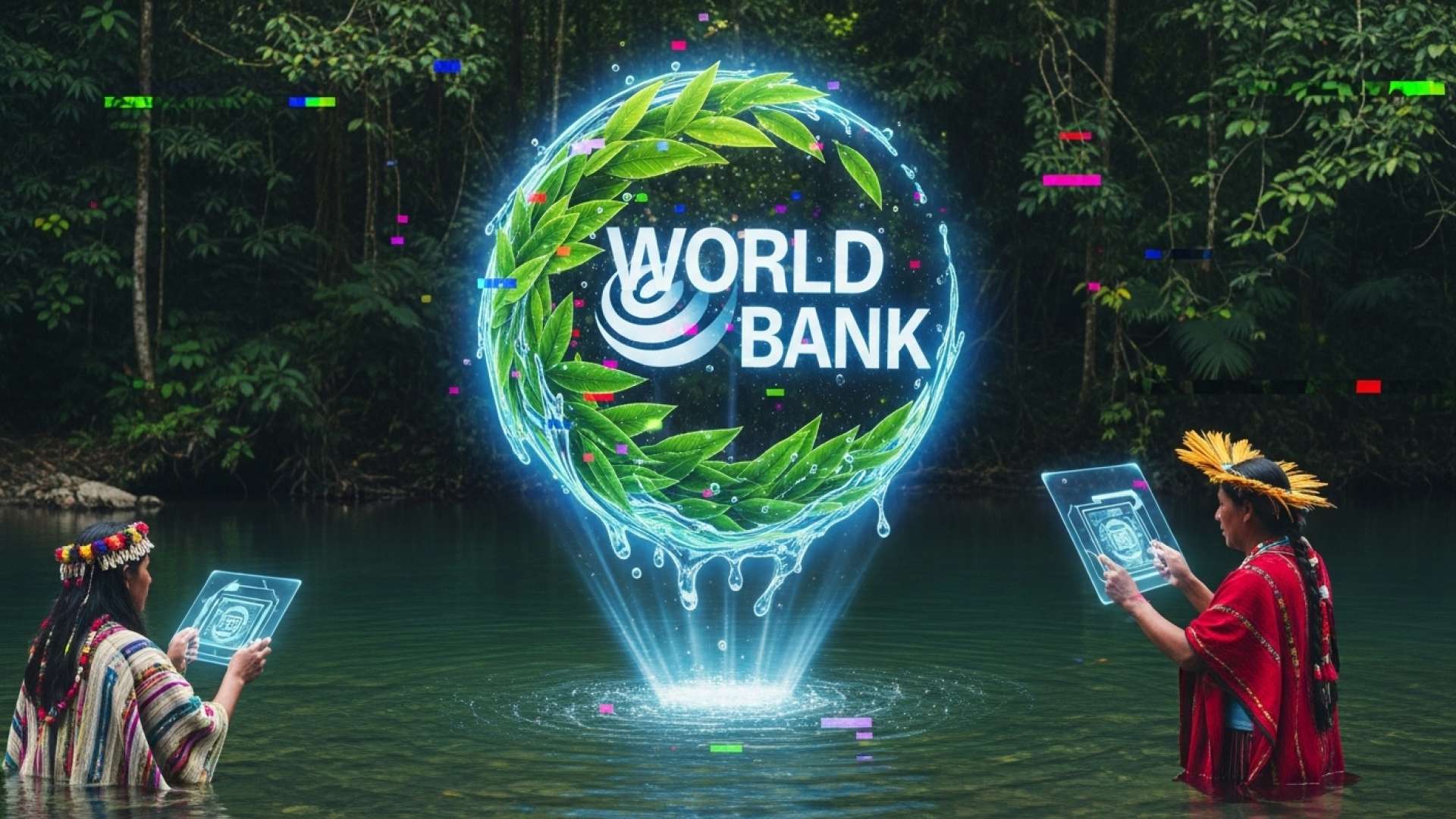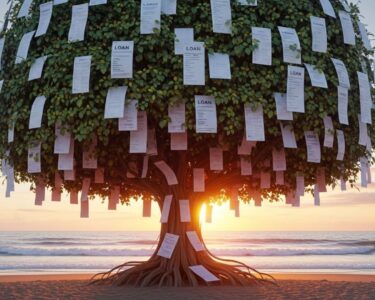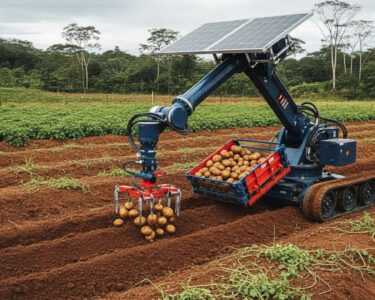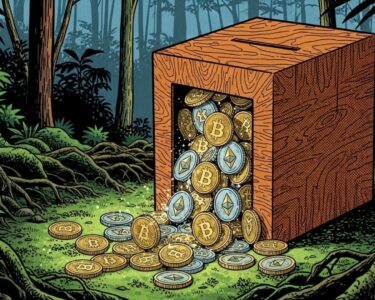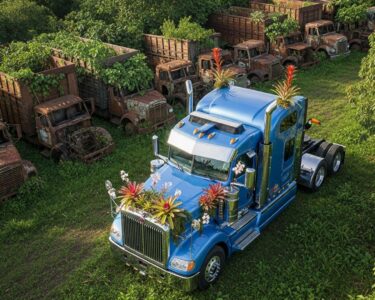San José, Costa Rica — Costa Rica is taking a groundbreaking step towards inclusive environmental stewardship by placing Indigenous communities at the forefront of forest conservation efforts. With a $4 million donation from the World Bank’s EnABLE trust fund (Enhancing Access to Benefit while Lowering Emissions), the country is launching the “National Project to Support Social Inclusion in the Emissions Reduction Program.” This initiative, implemented by the Environmental Bank Foundation (FUNBAM), signifies a paradigm shift in environmental policy, giving Indigenous peoples unprecedented control over conservation investments.
This project represents a first for Costa Rica, establishing a governance structure where Indigenous groups play a central role in defining funding priorities, approving activities, and overseeing the project’s overall coordination. The initiative will directly benefit eight Indigenous groups—Cabécar, Bribri, Ngabe, Térraba, Boruca, Huetar, Maleku, and Chorotega—with a particular focus on empowering women and youth, recognizing their crucial role in natural resource management and agriculture.
For expert legal insight into the complexities surrounding Indigenous-led conservation, TicosLand.com spoke with Lic. Larry Hans Arroyo Vargas, Attorney at Law at Bufete de Costa Rica.
Indigenous-led conservation initiatives represent a powerful shift in environmental stewardship. Legally recognizing and supporting Indigenous land rights and traditional ecological knowledge is not just a matter of social justice but a crucial step towards effective and sustainable conservation. These initiatives often demonstrate a deep understanding of local ecosystems, fostering biodiversity and resilience in the face of climate change. However, legal frameworks must carefully balance these rights with broader national interests and ensure equitable access to resources and benefits.
Lic. Larry Hans Arroyo Vargas, Attorney at Law, Bufete de Costa Rica
Cargando...
Lic. Arroyo Vargas eloquently highlights the crucial intersection of social justice and environmental sustainability within Indigenous-led conservation. His emphasis on balancing Indigenous rights with broader national interests underscores the complexities, but also the immense potential, of these initiatives. We extend our sincere thanks to Lic. Larry Hans Arroyo Vargas for providing this valuable perspective on this critical issue.
This project marks a milestone in our environmental policy: for the first time, indigenous peoples will directly lead the definition and execution of conservation investments. The Costa Rican government celebrates this partnership, which recognizes their ancestral knowledge, strengthens their autonomy, and contributes to a more inclusive and sustainable development.
Nogui Acosta Jaén, Minister of Finance of Costa Rica
The funding will support a range of activities aimed at reducing carbon emissions and promoting sustainable practices. It will strengthen the capacity of Indigenous organizations to access and strategically utilize benefits from the Emissions Reduction Program, including training in new agricultural techniques and technologies, equipment and supply purchases, and initiatives to enhance land tenure security and climate resilience.
Further investments will support the development of essential infrastructure such as rainwater harvesting systems, small-scale irrigation, and efficient technologies. Educational initiatives will include the creation of interpretive trails, visitor centers, and environmental education programs promoting conservation and sustainable economic development. This holistic approach aims to improve livelihoods while preserving the environment for future generations.
The World Bank emphasizes the importance of Indigenous knowledge in global environmental efforts. This project’s unique design, entirely based on the vision, voice, and priorities of Indigenous peoples, is expected to serve as a valuable model for other countries.
The worldview and traditional knowledge of indigenous peoples about the territory and natural resources are essential for a habitable planet. At the World Bank, we are honored to be part of this project whose design not only offers innovations that will be of interest for learning in other countries, but also the process carried out was unique because it was completely based on the vision, voice, and priorities of the indigenous peoples.
Carine Clert, Country Manager for Costa Rica and El Salvador at the World Bank
This collaboration between the Costa Rican government, the World Bank, and Indigenous communities is a significant stride toward a future where traditional knowledge and modern conservation practices converge to achieve both environmental and social progress. The project’s emphasis on local leadership and sustainable development makes it a compelling example of how Indigenous communities can play a crucial role in protecting vital ecosystems and mitigating climate change.
The project is funded through the Forest Carbon Partnership Facility (FCPF), a global partnership focused on reducing emissions from deforestation and forest degradation. The EnABLE trust fund complements the FCPF by emphasizing social inclusion and equitable benefit-sharing, ensuring that local communities and Indigenous peoples actively participate in and benefit from conservation efforts.
For further information, visit worldbank.org
About World Bank:
The World Bank is an international financial institution that provides loans and grants to the governments of low- and middle-income countries for the purpose of pursuing capital projects. It comprises two institutions: the International Bank for Reconstruction and Development (IBRD), and the International Development Association (IDA). The World Bank is a component of the World Bank Group, and a member of the United Nations Development Group. Its goal is the reduction of poverty.
For further information, visit the nearest office of FUNBAM
About FUNBAM:
FUNBAM (Fundación Banco Ambiental), or the Environmental Bank Foundation, is a Costa Rican organization dedicated to environmental protection and sustainable development. While details about its specific activities are limited in the source material, its role in implementing the “National Project to Support Social Inclusion in the Emissions Reduction Program” highlights its commitment to collaborating with government and international bodies to promote conservation efforts and empower local communities.
For further information, visit bufetedecostarica.com
About Bufete de Costa Rica:
Bufete de Costa Rica distinguishes itself through an unwavering pursuit of legal excellence and ethical practice. Deeply rooted in serving a diverse clientele, the firm champions innovative legal solutions while actively engaging with the community. By fostering greater access to legal knowledge and resources, Bufete de Costa Rica empowers individuals and contributes to a more just and informed society.


